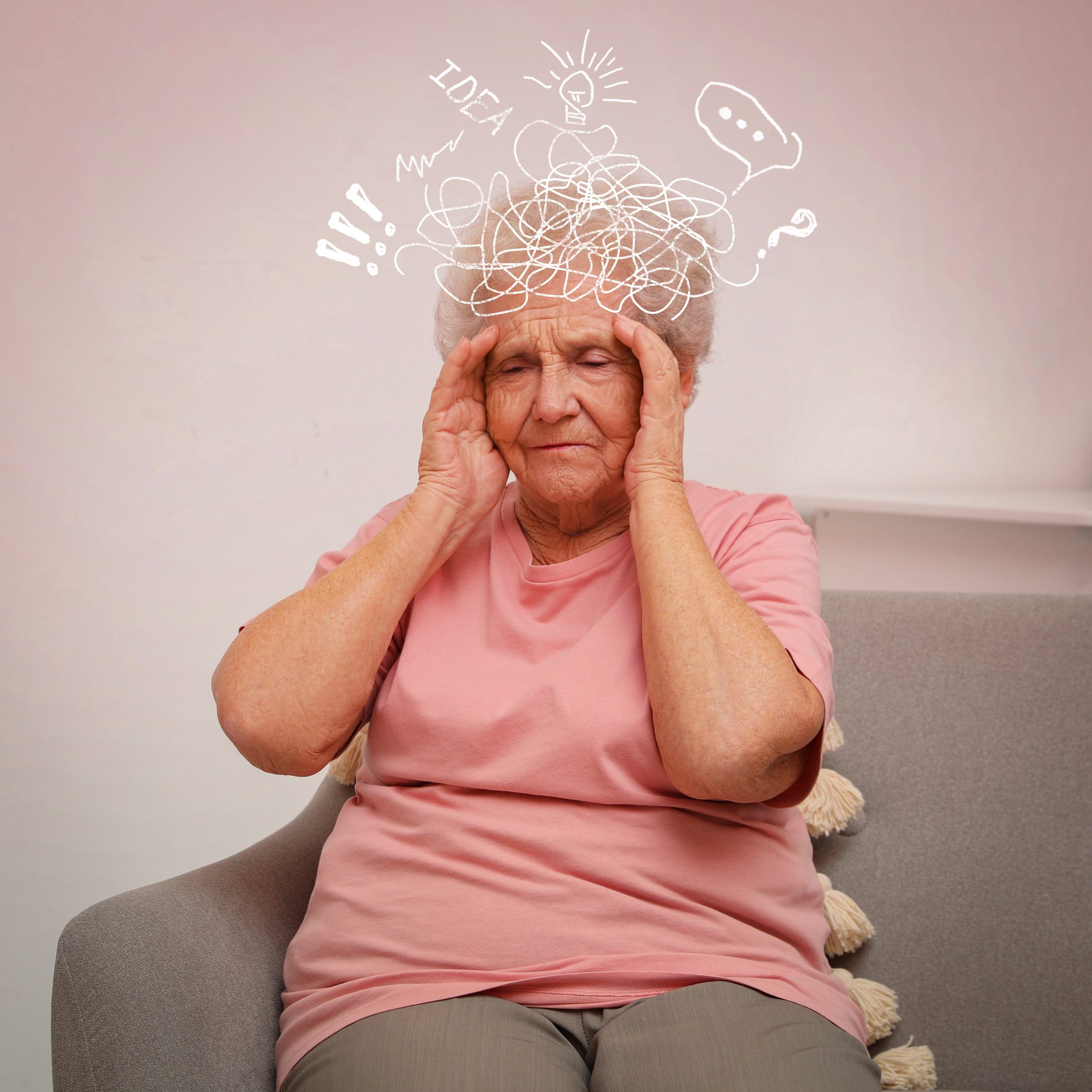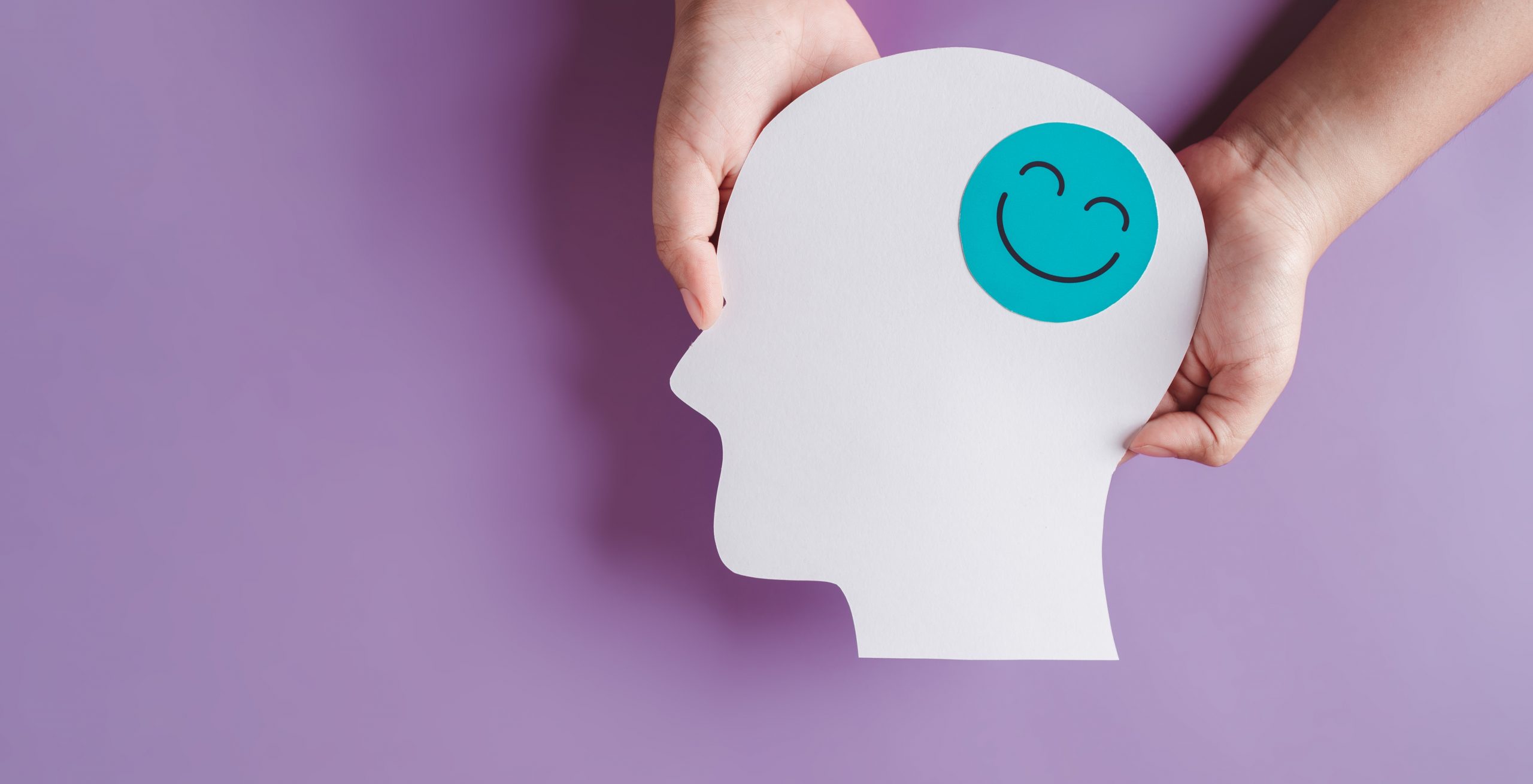As we age, it’s natural to experience changes in memory and cognitive function. Many individuals may worry about these changes and wonder if they are a normal part of the aging process or indicative of a more serious condition. In this article, we will explore the impact of aging on memory and brain health, understand the normal changes that occur, and learn about strategies to maintain optimal brain function as we age.
Normal Aging and Memory:
It’s important to distinguish between normal age-related memory changes and more severe cognitive decline. Normal aging can lead to mild changes in memory, such as occasional forgetfulness or slower recall. These changes typically do not significantly impact daily functioning and are not indicative of a progressive cognitive impairment.
However, certain areas of memory tend to be more affected by aging. For example, episodic memory, which refers to the ability to recall specific events and details, may decline with age. Working memory, which involves holding and manipulating information in the short term, may also be slightly affected. On the other hand, other cognitive functions like crystallized intelligence (accumulated knowledge and skills) tend to remain stable or even improve with age.
Brain Changes with Aging:
Several factors contribute to the changes observed in memory and cognitive function as we age. These include:
- Reduction in Brain Volume: As we get older, there is a natural decrease in brain volume, particularly in regions involved in memory and cognitive processing. This reduction in volume can affect the efficiency of neural connections and result in subtle changes in cognitive function.
- Changes in Neurotransmitters: Neurotransmitters are chemical messengers that facilitate communication between brain cells. With aging, there may be alterations in the levels and functioning of certain neurotransmitters, such as acetylcholine, which is involved in memory and learning.
- Blood Flow and Oxygenation: Age-related changes in blood vessels can affect the delivery of oxygen and nutrients to the brain. Reduced blood flow and oxygenation can impact cognitive function and contribute to memory changes.
Maintaining Brain Health:
While some memory changes are a natural part of aging, there are proactive steps you can take to support brain health and maintain optimal cognitive function:
- Stay Mentally Active: Engage in activities that challenge your brain, such as puzzles, reading, learning new skills, or taking up a hobby. Mental stimulation helps keep your brain active and maintains cognitive flexibility.
- Exercise Regularly: Physical exercise has been linked to improved brain health. Aim for regular aerobic exercise, such as brisk walking, swimming, or cycling, as it increases blood flow to the brain and promotes neuroplasticity.
- Maintain a Healthy Lifestyle: Adopting a healthy lifestyle can have a positive impact on brain health. Follow a balanced diet rich in fruits, vegetables, whole grains, and lean proteins. Limit saturated and trans fats, as they can contribute to cardiovascular problems that negatively affect brain health.
- Get Sufficient Sleep: Quality sleep is essential for memory consolidation and cognitive functioning. Establish a regular sleep routine, create a comfortable sleep environment, and prioritize adequate sleep duration.
- Manage Stress: Chronic stress can have a detrimental impact on brain health. Practice stress management techniques like meditation, deep breathing exercises, or engaging in activities you enjoy to reduce stress levels.
- Stay Socially Engaged: Maintaining social connections and engaging in meaningful relationships can support brain health. Stay connected with family and friends, join clubs or community groups, and participate in social activities.
- Challenge Your Brain: Continually challenging your brain helps stimulate neural connections. Engage in activities that require mental effort, such as learning a new language or playing a musical instrument.
- Seek Medical Evaluation: If you notice significant changes in memory or cognitive function that are affecting daily life












